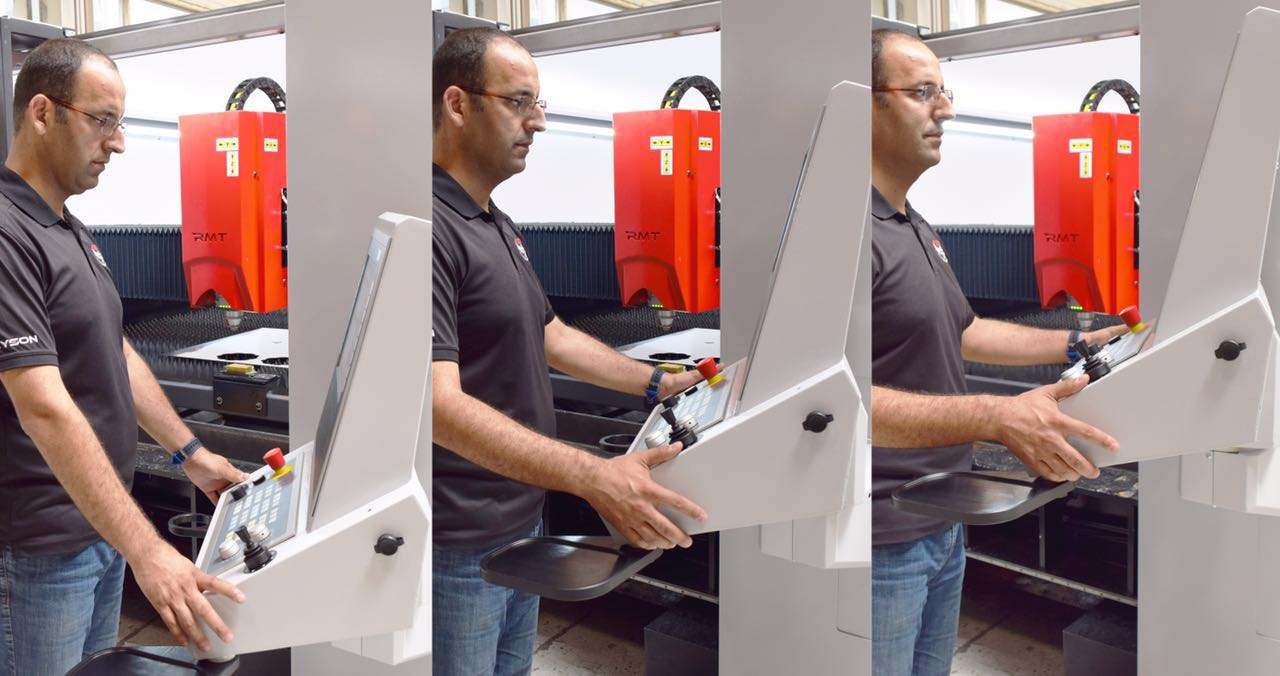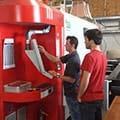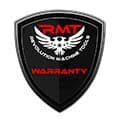Is Preventative Maintenance Just Hype?
“No, I don’t need the three-year protection plan,” you tell the cashier as you buy a cheap television set for the kids’ room. Salespeople will try to tack on any little extra charge these days, you reflect, whether it’s offering to add your team’s logo to the house numbers you agreed to have painted on your curb, to insisting that you need undercoating applied to your new vehicle. You’ve just about had it with all the “extras” that get thrown at you, so it’s no wonder that you may feel some resentment when your press brake salesman asks you about a preventative maintenance contract for your new machine. “No thanks,” you are quick to reply. “As long as it has the warranty you mentioned, I’m fine.”
You may think differently, however, when you get your first costly repair bill for something that, according to the technician, you could have averted if it had been caught earlier.
An Ounce of Prevention
Ask several people who have diabetes if they were previously warned by their doctor that they were “pre-diabetic” and see how many had, in fact, been told that very thing but figured they could just “worry about it later.” When “later” came and it was too late to change course, reality hit them like a sack of bricks. Your grandmother was right when she recited to you the old adage, “an ounce of prevention is worth a pound of cure.”
Your new press brake, plate roll or fiber laser isn’t just some cool toy to show off to friends and customers, you likely invested the significant funds necessary to purchase it so that you could make your metal fabrication business more productive. You initially looked at the equipment and operational costs and weighed them against your projected earnings and justified buying the machine. If it breaks down due to poor upkeep, however, and can’t get to the end of its expected lifecycle without major repairs, then your planned profits are put in serious jeopardy.
That’s why a warranty—and definitely always do get a warranty—isn’t enough when it comes to buying expensive metalworking equipment. Just like going to a dentist every six months can often prevent cavities, so likewise having a factory-trained service tech make a periodic “house call” to check on your machine will almost certainly prevent a serious crisis or two in your shop down the road.
Soup to Nuts
While general machine maintenance is something you want your operators and other staff to perform on a daily, weekly, monthly and annual basis, a preventative maintenance contract goes beyond the things your staff can—and should—easily be able to do (like wiping down tooling) and gets into areas where you don’t want to take any chances (like changing the parameters in a CNC press brake control).
No matter how skilled your inhouse guys are, they aren’t skilled enough to match a factory-trained service tech (and if they are, it’s almost guaranteed that you aren’t paying them enough). Having a contract in place for preventative maintenance (PM for short) ensures that those tasks that are outside of the scope that your staff is equipped to handle can be addressed both thoroughly and on a regular basis.
If you do happen to have a highly trained staff, then a PM contract can certainly be tailored to fit your specific circumstances. For example, most contracts are set up for quarterly visits, but if your shop guys can efficiently take care of all of the regular checking, greasing, etc., then you may only need a professional visit once or twice a year. It all depends on what you are willing to pay for, but it is always better to have too many preventative maintenance visits rather than too few.
The principal benefit of having an outside professional come to your facility is that they can see the big picture and get an overview of the whole machine, often seeing things that escape the notice of even the best operators. (“Oh, isn’t it supposed to make that sound?” has been uttered by more than one otherwise competent operator during a PM visit.) PM technicians will start checking from the ground up, moving sequentially through every system on a machine, first to last, from “soup to nuts,” as your grandfather might have said in his day.
Operators might not realize that there are areas where they have been negligent, so a PM visit by a trained outsider can spot things they’ve inadvertently overlooked, not to mention any damage left behind by a disgruntled employee who doesn’t care how he or she treats your very valuable investments. As the skilled diagnosticians that they are, trained PM techs can not only address specific concerns they discover, but also recommend courses of action to keep the issues from occurring in the future.
During quarterly preventative maintenance visits, technicians will check tolerances, check parts, grease all moving mechanisms and seals, inspect all components, examine hydraulic oil and other fluids and tighten everything. They will also check those sections of the machine your employees shouldn’t be touching, like electrical systems or the backend programming of a control.
Some examples of preventative maintenance tasks include the following:
- For a press brake, a technician will grease the ways, inspect the gibs, and check hydraulic oil and oil filters.
- For an ironworker, the tech will check the blades, grease all the zerks and examine the hydraulic oil and filters.
- For a fiber laser, a PM specialist will check the water chiller, check the rack and pinion, grease all grease zerks, lube the conveyor chains, lube the table exchange chain and inspect the fiber laser head.
It’s Never too Late
So, you’ve already bought your machines and didn’t get a preventative maintenance contract for them—are you out of luck? Of course not. Unlike a warranty which usually has to be purchased before the buyer takes possession of the item, most service companies will allow you to start a new contract for a machine at any time. It’s not unlike going to the doctor after years of smoking—while there will be some harm that has previously developed, you will likely prevent any further damage by following the guidance of a trained professional.
While PM contracts can seem a little pricy, they always cost far less per trip than to have a tech come out on a repair visit that can take several days and require replacement components. They take far less time—perhaps one to two days at most—and many service organizations will bundle several machines together in a combined set of contracts for a discounted hourly rate.
Even when improper maintenance results in an issue that is fortunately resolved with a quick, inexpensive repair, it still gives you a machine that is down, slowing production when you probably can least afford it. With a scheduled PM visit you can plan your projects around the anticipated downtime, avoiding any inconvenience to your customers. Preventative maintenance contracts also help you budget for the expense of them, an advantage over the “we’ll just fix it if it breaks” philosophy. Also, a trained PM technician can predict when a failure in a system is likely to occur in the future, allowing a machine owner to plan and budget for a solution before it happens.
What are you waiting for? Find a reputable service team and get a quote on a combined preventative maintenance contract for all of your equipment today! You will not only increase the reliability—not to mention resale value—of your metal fabrication machines, but you’ll get the added bonus of greater peace of mind for yourself. It’s never too late to start protecting your assets for the future.







